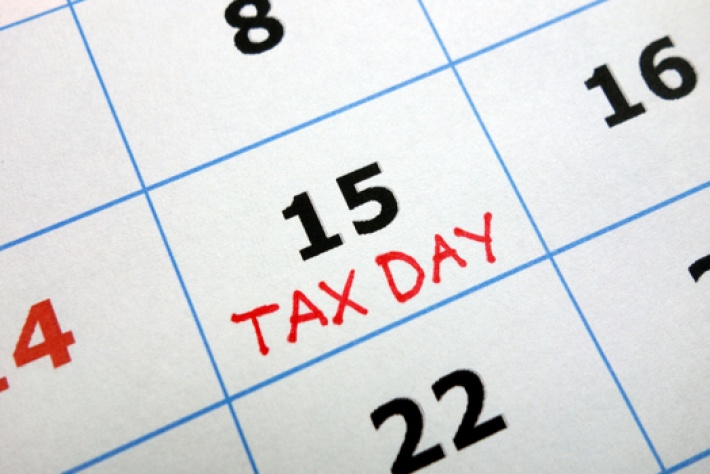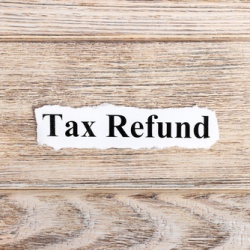What is a UTR number and where do I find one?

UTR stands for Unique Taxpayer Reference and is the number that HMRC uses to identify you for tax purposes. UTR numbers are issued to everyone who is self-employed or submits a self-assessment tax return. It has a different purpose to your National Insurance number, but is equally unique to you and will stay with you for life.
Each UTR number is 10 digits long and sometimes has a K at the end.
Do I need a UTR number?
Anyone who doesn’t pay tax through PAYE requires a UTR number. So this applies to anyone who submits a self-assessment tax return i.e. you are self-employed or you have set up a limited company.
You will also need to submit a tax return and will therefore require a UTR number if you meet any of the following criteria:
- you received income greater than £2,500 from renting out property
- you received untaxed income (such as tips or commission) totalling more than £2,500
- your income from savings, investments, dividends or shares was £10,000 or more before tax
- you need to pay Capital Gains Tax on profits from selling shares, property or other chargeable assets
- you were a company director - unless it was for a non-profit organisation (such as a charity) and you did not get any pay or benefits, like a company car
- you claimed Child Benefit and someone in your household earned over £50,000
- you received taxable income from abroad or you lived abroad and had a UK income
- your taxable income was over £100,000
- you were a trustee of a trust or registered pension scheme
- you received a P800 from HMRC stating that you owe tax from the previous tax year
- your State Pension (as your only source of income) exceeded your Personal Allowance
What do I need a UTR number for?
You must have your UTR if you want to submit your self-assessment tax return, or if someone else (such as your accountant) is submitting it on your behalf. It is also often used in any correspondence with HMRC.
How do I get an UTR number?
When you register for self-assessment with HMRC you will automatically be sent your UTR number by post. It can take up to 20 working days for your UTR number to be created and another 7 days for it to arrive with you, so make sure that you leave plenty of time for it to arrive before you need to submit your self-assessment tax return.
After you register with HMRC you will also be sent an activation code through the post which you will need when you first log in to the Government Gateway, through which you will submit your tax return.
Where can I find my UTR number?
Your UTR number is incredibly important, so it is vital that you keep a secure record of it. You can find your UTR number on much of the correspondence that you receive from HMRC. This can include:
- the Welcome to Self-Assessment SA250 form you received when you registered as self-employed
- SA316 notice to complete a tax return
- previous self-assessment tax returns
- the paperwork your received from HMRC when you first incorporated a limited company
- a payment reminder from HMRC
You can also find your UTR number in your HMRC online account.
What if I’ve lost my UTR number?
You cannot submit a tax return without your UTR number, so if you can’t find it make sure that you contact HMRC as soon as possible, via their contact centre on 0300 200 3310.
Due to security and data protection regulations HMRC are not able to provide you with your UTR number over the phone; instead they will send it out to you through the post. Again make sure that you leave plenty of time for this to arrive, especially in the run up to submission deadlines.
Do companies have UTR’s?
Along with all relevant individuals having their own unique UTR, companies will also have one. In the case of partnerships this means that each partner will need to have a UTR, and there will also be one for the partnership business itself. Each new limited company will also be provided with a UTR upon incorporation.
I have been out of business for some time; will I need to register for a new UTR?
No. UTRs are specific to individuals and stay with you for life. If your circumstances change and you no longer need to submit a self-assessment tax return, your UTR will simply become dormant, and will automatically reactivate if you need to start using it again.
If you need any advice or assistance about your Unique Taxpayer Reference or self-assessment, the knowledge and services of an expert accountant can be invaluable. Most accountants can handle all of your self-assessment obligations for you, thus ensuring that you always remain fully compliant.
Handpicked Accountants only ever recommends the very best accountants in your area who have been thoroughly vetted prior to inclusion in our directory. Contact Handpicked Accountants to find your perfect accountant today.


